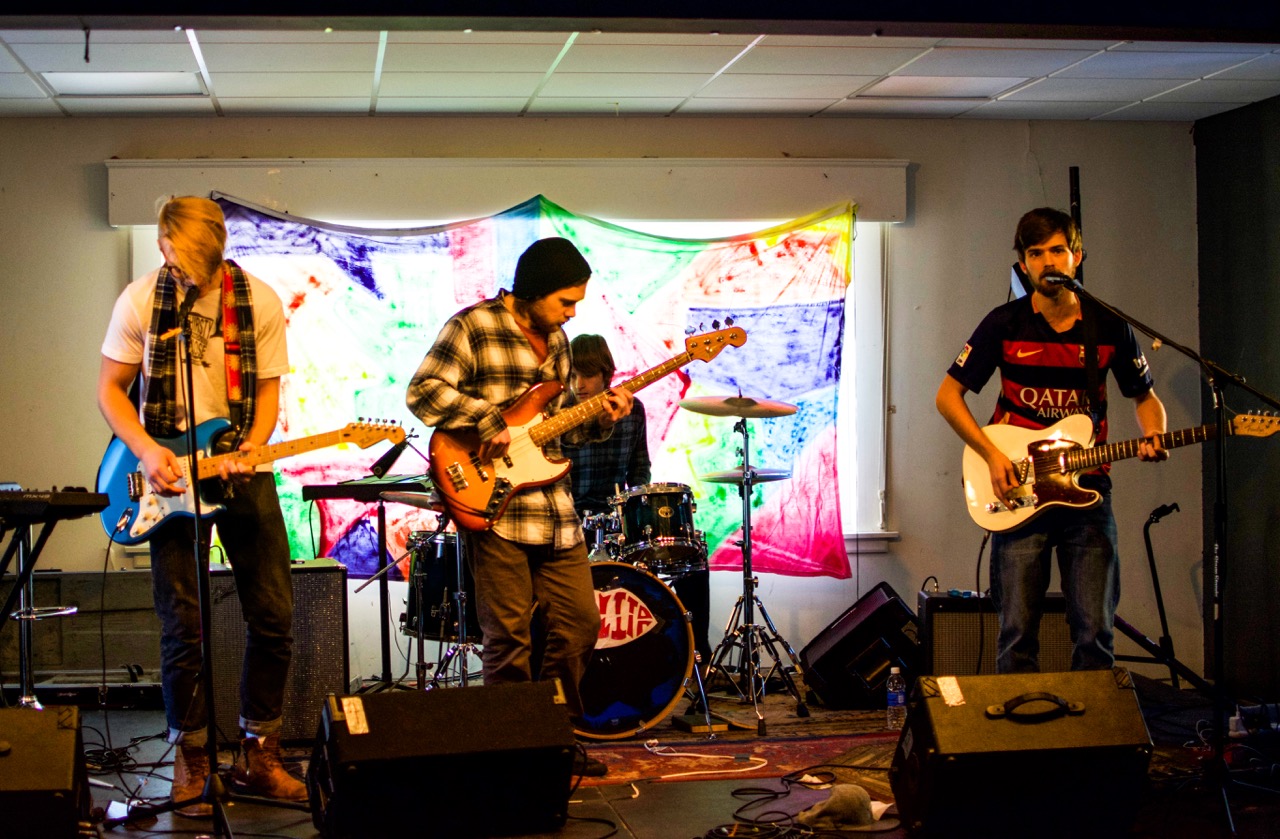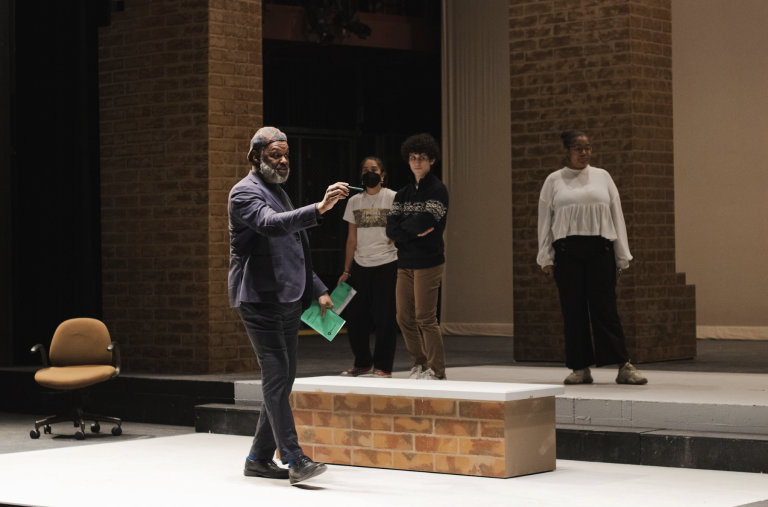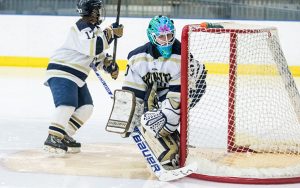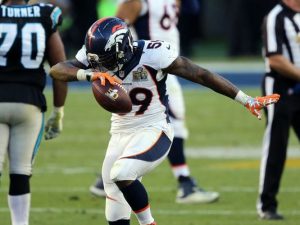Pete Prendergast ’16
Editor in Chief
It’s hard not to be romantic about a garage band. Our portrait of “Americana” owes a great debt to shaggy haired teens wailing away on secondhand guitars, and in an era dictated by synthesized pop and electronic music, the appeal of an old-fashioned rock band is more important than ever. Dave Grohl once said that budding musicians shouldn’t subscribe to the American Idol factory line, and opt to instead buy an old drum set from a yard sale, set up in somebody’s basement and just have fun. For those willing to uphold this vestige of creativity, Trinity College offers the Mill.
On Feb. 5, the Mill, an unassuming brown house tucked away in the social epicenter of Vernon Street, opened its doors to Trinity music lovers with a rock and roll double feature. The evening began at 10:30 p.m. as Trinity’s Connor Kennedy ’16 introduced his hometown band, The Wooly Mammoths. The band, comprised of Kennedy on vocals and guitar, Nathan Arsenault on bass and vocals, Connor Bailey on guitar and vocals and fellow Trinity musician Alex Rubarsky ’18 on drums, sat down with me prior to the show, and opened up about their music and history.
Arsenault, a native of North Hampton, NH, founded the “Wooly Mammoths” in typical garage band fashion, when he and a few friends began playing music together in the seventh grade. Bailey, a current senior at the University of Connecticut, joined a year later and Kennedy merged with the group when they began high school.
The ensemble played their first show for a small crowd in Arsenault’s house when they were 14. “The first live show we had was at Nathan’s house, in freshman year of high school,” said Kennedy. “We played ‘Creep’ and a few originals. That’s just what it’s like when you’re in high school and you first find out what Radiohead is.”
Bailey went on to explain how the Wooly Mammoths emulated their rock idols from day one. “ At the end of that first set, CK [Kennedy] who was singing lead vocals back then went for a big rock & roll ending. He ran over and did a front flip into a pool off some kid’s deck.”
Despite being together since their early teenage years, the group’s biggest concerts have been held almost exclusively at the Mill. “I just really like the atmosphere here,” said Arsenault. “It’s like playing at a house party almost. It’s really an ideal venue.”
Kennedy explained that it’s not always easy to find shows in New Hampshire, where he Bailey and Arsenault are from. “They’re looking for like a duo, folk cover band to play at some yuppie bar or something,” said Kennedy.
Friday’s concert marked the “Wooly Mammoth”’s fourth appearance at Trinity. Their set included a mix of covers and originals, which are usually written in tandem by Kennedy and Bailey. “CK or I will come up with some sort of idea, you know just like a guitar riff or something,” Bailey said of their song writing process. “Then we’ll usually bring it to each other and write a ‘pseudo-song’ and go from there.”
The group took the stage Friday night in front of an audience of about 50, and like clockwork, fell into an original song called “Blueprints.” They followed with a cover of “Why Won’t You Make Up Your Mind?” by Tame Impala and continued to alternate between their own compositions and covers. Lead vocal duties fluctuated between Bailey and Kennedy as the band played with accuracy and animation. The set was highlighted by Kennedy’s rendition of the Gorrilaz hit “Kids with Guns” and a cover the Talking Heads’ lesser known “Cross Eyed and Painless.”
The Wooly Mammoths rounded out their set as Arsenault took the microphone for a rendition of the Clash’s reggae-punk classic “The Guns of Brixton,” which he earlier informed me was to be the bands “top-secret encore.”
The band left the stage amidst thunderous applause and calls to play another song, which they unfortunately denied. After a brief intermission, Warns, a Tufts University band led by singer-songwriter Greg Warns, took the stage and honored the spirit of the evening with an equally impressive and energized set.
The Wooly Mammoths and Warns embodied everything that an amateur musical act should aspire to. They played with dynamism and focus while managing to maintain everything we value in an all-American garage band. If they succeeded in any regard, it was in what Rubarsky so eloquently defined as “perpetrating the funk.”







+ There are no comments
Add yours